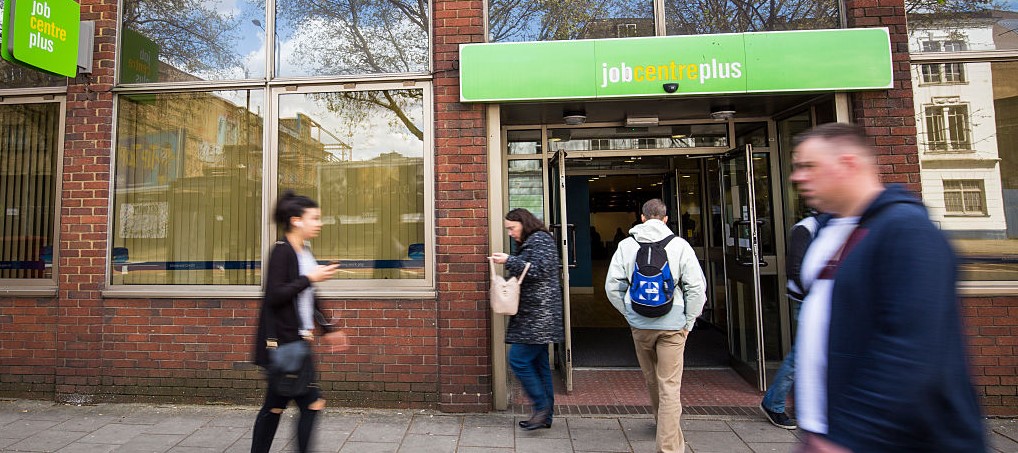Real jobs not just cream teas
The fate of the Shepton Mallet Cider Mill, which faces closure at the end of the summer with the loss of 120 jobs, is symptomatic of a wider problem facing the West Country – how to create decent, well-paid and skilled jobs in a region best known as a holiday destination.
It was with this intention that a delegation of workers from the cider mill, members of Unite, travelled to the House of Commons in February to lobby Somerset’s MPs under the auspices of the All-Party parliamentary group on cider.
It was an encouraging meeting with the MPs on behalf of the dedicated, hard-working employees, some of whom who have put in over 30 years’ service at the mill.
It is good news that the parliamentary group will be pressing for the Dublin-based owner, the C&C Group to sell its brands, including the well-known ones Olde English and Blackthorn, to make the profitable Shepton Mallet plant even more attractive to a potential buyer. This is the key if the cider mill is to have a future.
If C&C wants to consolidate its cider-making operations in Clonmel in the Irish Republic, it should not hold onto the ownership of the brands.
Something not right
There is something not right about Somerset apples being used to make traditional Somerset ciders in Ireland when we have the skills, tradition and enthusiasm to continue to make high-quality cider in Shepton Mallet.
The workers are being sacrificed because of historic commercial failings that have led to the overcapacity issues across C&C.
Yet, in this fast-moving, modern, global market place, iconic industries, such as cider-making, have no more protection than any other economic sector from forces which they have no control over, such as the whim of international investors who move massive amounts of money around the globe at the touch of a keyboard.
The closure will have a very detrimental impact on the town and great hardship and anguish for our members looking for new jobs in the county.
Personally, I have worked as a cider maker for the company since 1984. I was born in Curry Mallet about 15 miles away and I am married with a family. At 50, I am not sure what the future holds for me, but I would like to continue with my chosen profession.
Cider-making is synonymous with the county of Somerset; it is woven into the social fabric, the topography and the complexion of the rural communities – it is a shame that a 246-year old cider making tradition in the town is set to end.
But what is happening at Shepton Mallet opens up the question of economic development and job creation throughout the West Country where very real economic and social problems exist behind the cream tea-and-scone image, and picture postcard scenery.
There is a lack of sustainable jobs with good salaries, such as in manufacturing, and there is an over-reliance on tourism and service sector jobs. Low wages suppress the living standards of many people and curtail the region’s ability to grow economically because of the lack of spending power.
The West Country often gets overlooked in the debate about Britain’s industrial and commercial future and which areas should attract more inward investment.
This was highlighted two years ago when vicious storms destroyed the railway at Dawlish which severed the only railway line to Plymouth for two months causing serious loss to the regional economy.
The West Country’s transport infrastructure, an engine for economic activity, is not as good as other regions of the UK.
Housing
Housing is a big problem with wealthy outsiders buying up second homes and pricing out locals – working for lower hourly wages than the UK average – from getting on the house buying ladder. There are 130,000 people with second homes in the South West, according to the 2011 national census.
It is a place to retire or purchase a holiday home – it is not a region to raise a family or develop one’s expectations as too few opportunities exist to make this happen.
We need a coherent economic blueprint for the region that has the answers when companies, such as the cider mill, are under threat.
Such a plan has to be tailored to people’s locations. Most workers live in Shepton Mallet or in a 20 mile radius.
The loyalty of the staff is amazing with many having worked there for more than 20, 30 or even 40 years. A total of 40,000 tonnes of West Country cider apples were crushed at the mill, making 174 million imperial pints of cider last year.
What we should be considering are such developments as: small industrial estates adjacent to market towns; increasing broadband access to assist home working and tele-commuting; social housing being built on brownfield sites; affordable, modern and with traditional materials for first-time buyers; protection for the fishing industry against rapacious foreign boats; the construction of a second main rail line to Plymouth; more tax incentives to those regions of the UK, such as the South West, to kick-start businesses; guaranteeing defence work for naval shipyards in Plymouth, thus ring-fencing the long-term future of the skilled workforce.
This menu can be added to, but what is clear is that the South West can’t just survive on tourism – that’s continuing the spiral of economic decline and leaving little hope for the next generation of would-be job seekers.
With the political will, there can be an economic renaissance in the region – and, hopefully, a buyer for the Shepton Mallet Cider Mill – we would all drink a pint of cider to that.
Â
Stephen Faulkner (pictured)Â is the Unite senior shop steward, Shepton Mallet Cider Mill
This story first appeared in the Western Daily Press
 Like
Like Follow
Follow


